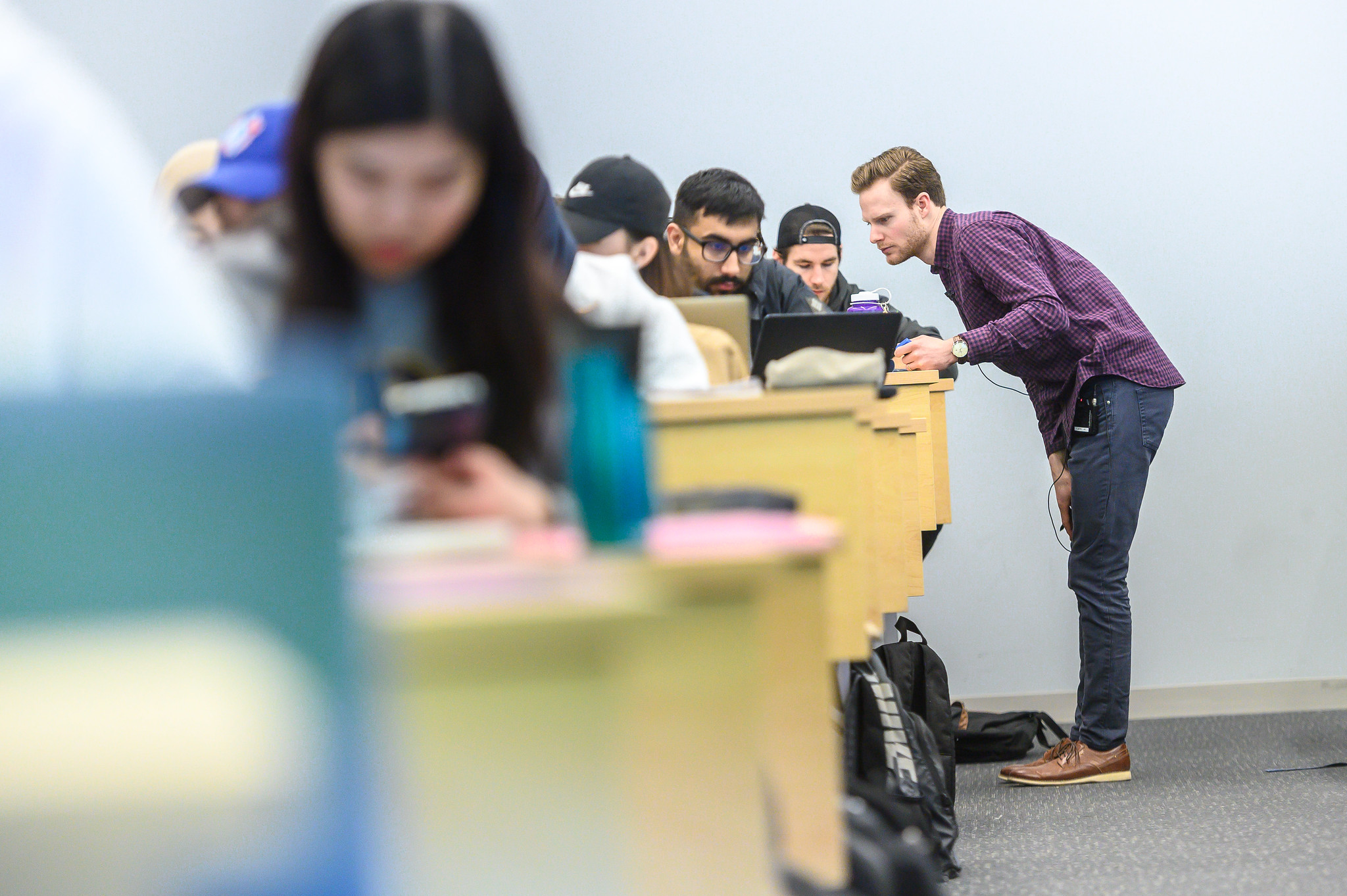Across the University, faculty members are implementing innovative practices in their learning environments, to support student health and wellbeing.
Juan Abelló, Department of Mechanical Engineering, Vantage College
Through his teaching practices, Juan is dedicated to supporting student mental health and wellbeing. In his work as an instructor for foundational courses in the Department of Mechanical Engineering and Vantage College, Juan integrates activities focused on mental health literacy into his course curriculum. By providing his students with videos, resources, and activities concerning mental health, Juan helps his students to recognize stress, learn about resources on campus, and explore coping strategies.
Explore tools and resources to embed mental health literacy into your classroom.
Neil Armitage, Department of Sociology

Neil believes it is important to develop students’ sense of belonging in the classroom environment to enhance their learning. He likes to be as transparent with his students as possible and believes that accessible office hours and open communication help facilitate knowledge sharing and learning. Neil teaches large first and second year courses and recognizes the important role TAs have in connecting with and guiding students. As such, he holds joint offices hours with TAs in a centrally located area and a virtual office via the platform Piazza.
Learn more about Neil’s approach to office hours, check out Conversations in Wellbeing, or explore tools and resources for connecting through office hours in your own learning environment.
Patricia Barkaskas, Allard School of Law
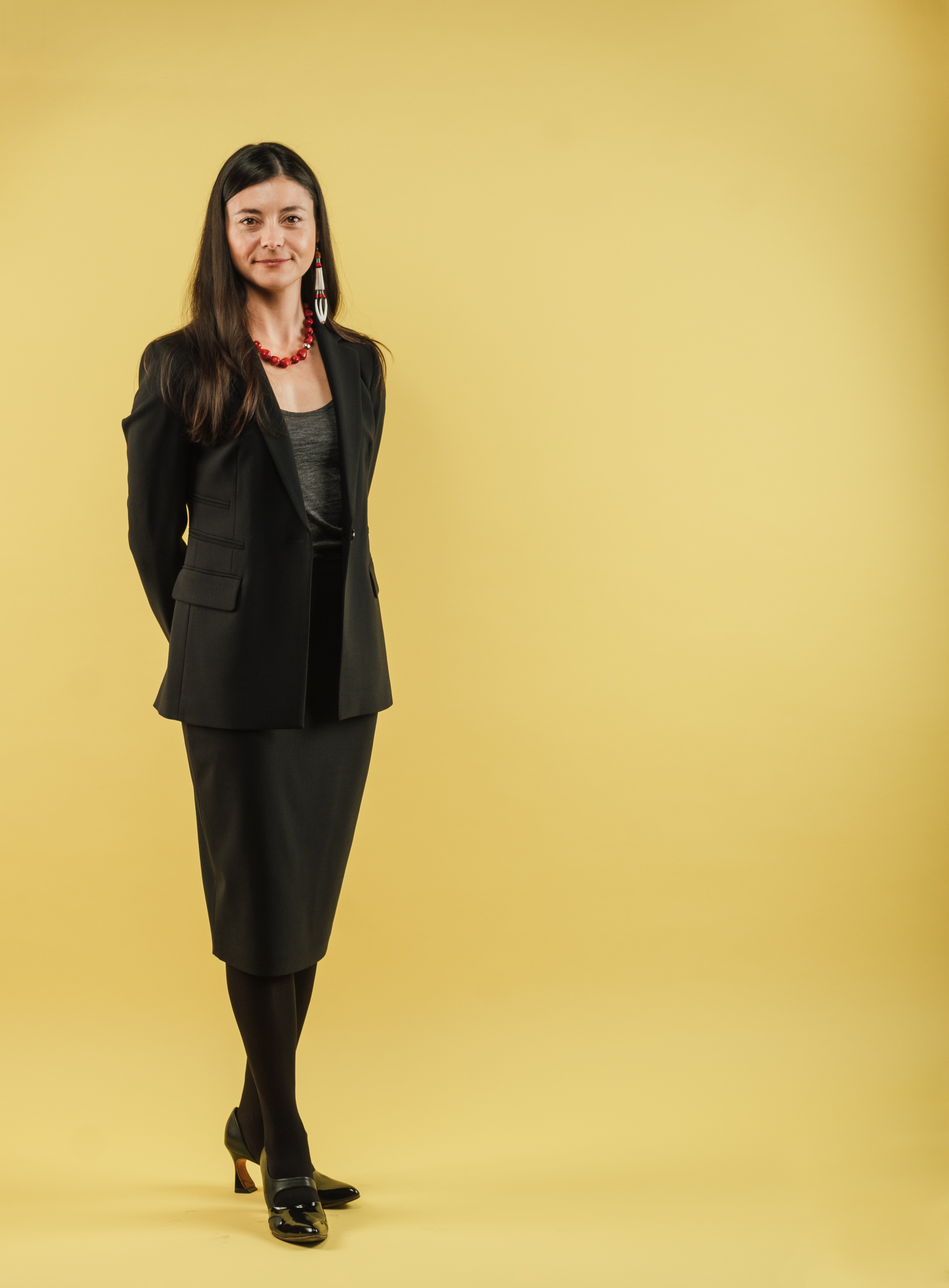
Through her work as Academic Director and teaching with the Indigenous Community Legal Clinic and the Peter A. Allard School of Law, Patricia has demonstrated her passion for promoting wellbeing.
Patricia has collaborated on the development and delivery of a series of professional development workshops focused on building instructors’ knowledge of and skillsets for fostering student wellbeing, deep learning and academic success.
Steven Barnes, Department of Psychology

Through innovative projects and his own teaching practice, Steven is committed to supporting student mental health and wellbeing and is actively involved in a variety of projects exploring the relationship between learning environments and student mental health. Recently, Steven has been collaborating with students, staff and faculty at UBC to develop the Tapestry Tool which can facilitate group work and student understanding of online course materials. Steven teaches large online courses and utilizes technology to embed opportunities for connection. Some of these activities include online office hours, student-led study sessions and peer assessment activities. Beyond his role as an educator, Steven is a researcher, author and artist.
Learn more about how Steven creates opportunities for connection in the online courses he teaches and explore tools and resources for fostering connection in your own learning environment.
Andrea Bundon, School of Kinesiology
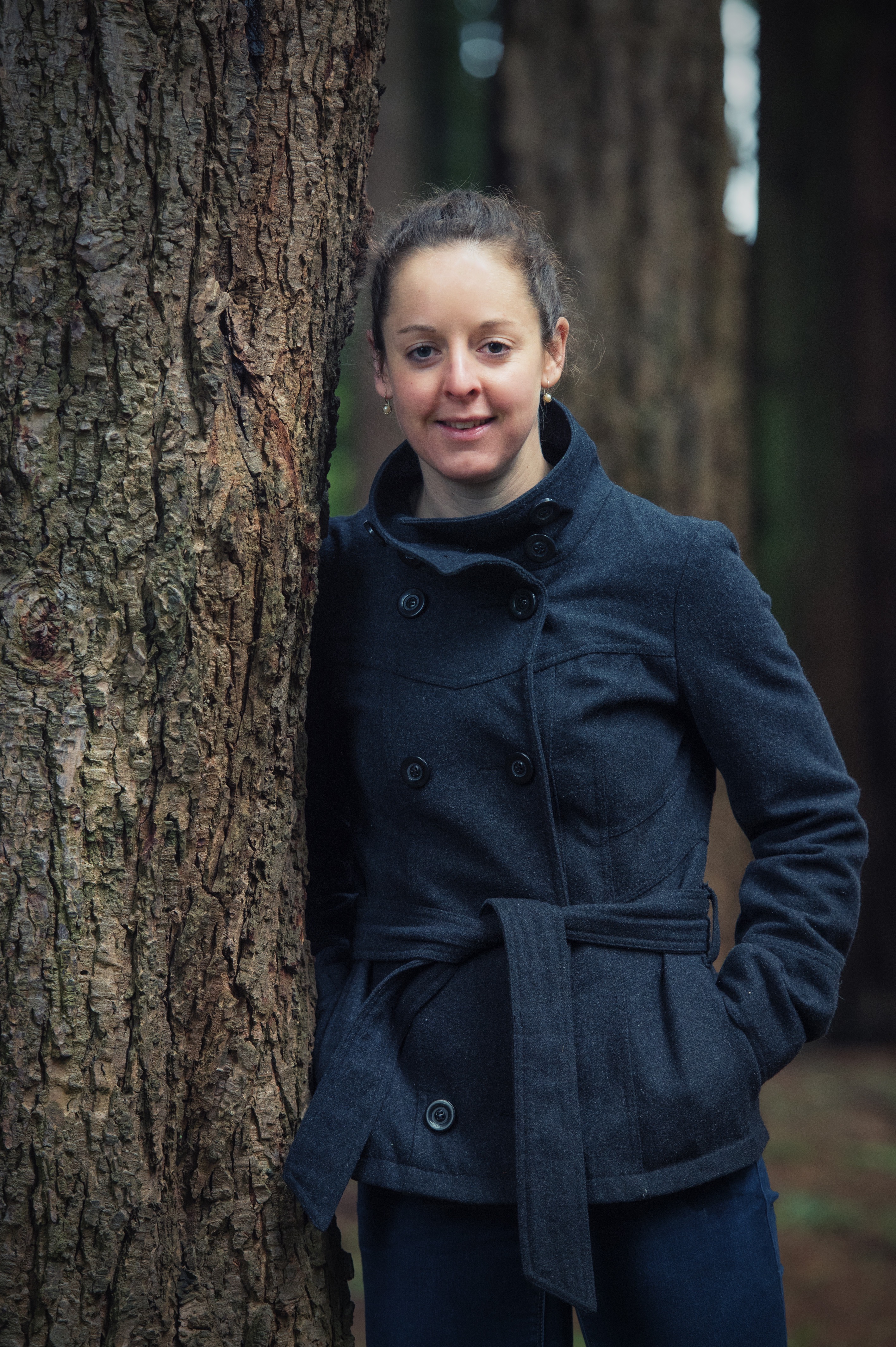
Andrea has shown her passion for promoting inclusivity in a health and wellbeing context through her research and other professional work. As a researcher, Andrea focuses on the area of people with disabilities and sports participation. As a critical disabilities scholar, she is committed to work that challenges ableism in sports and that promotes more inclusive practices. Andrea also has a passion for ‘digital qualitative research’ and has hosted numerous workshops for graduate students, research staff and faculty members on digital qualitative methods in sports studies and is the editor of a book entitled “Digital Qualitative Research in Sport and Physical Activity.”
You can learn more about how Andrea creates opportunities for physical activity in the courses that she teaches and explore tools and resources for promoting physical activity in your own learning environment.
Katie Lee Bunting, Department of Occupational Science and Occupational Therapy
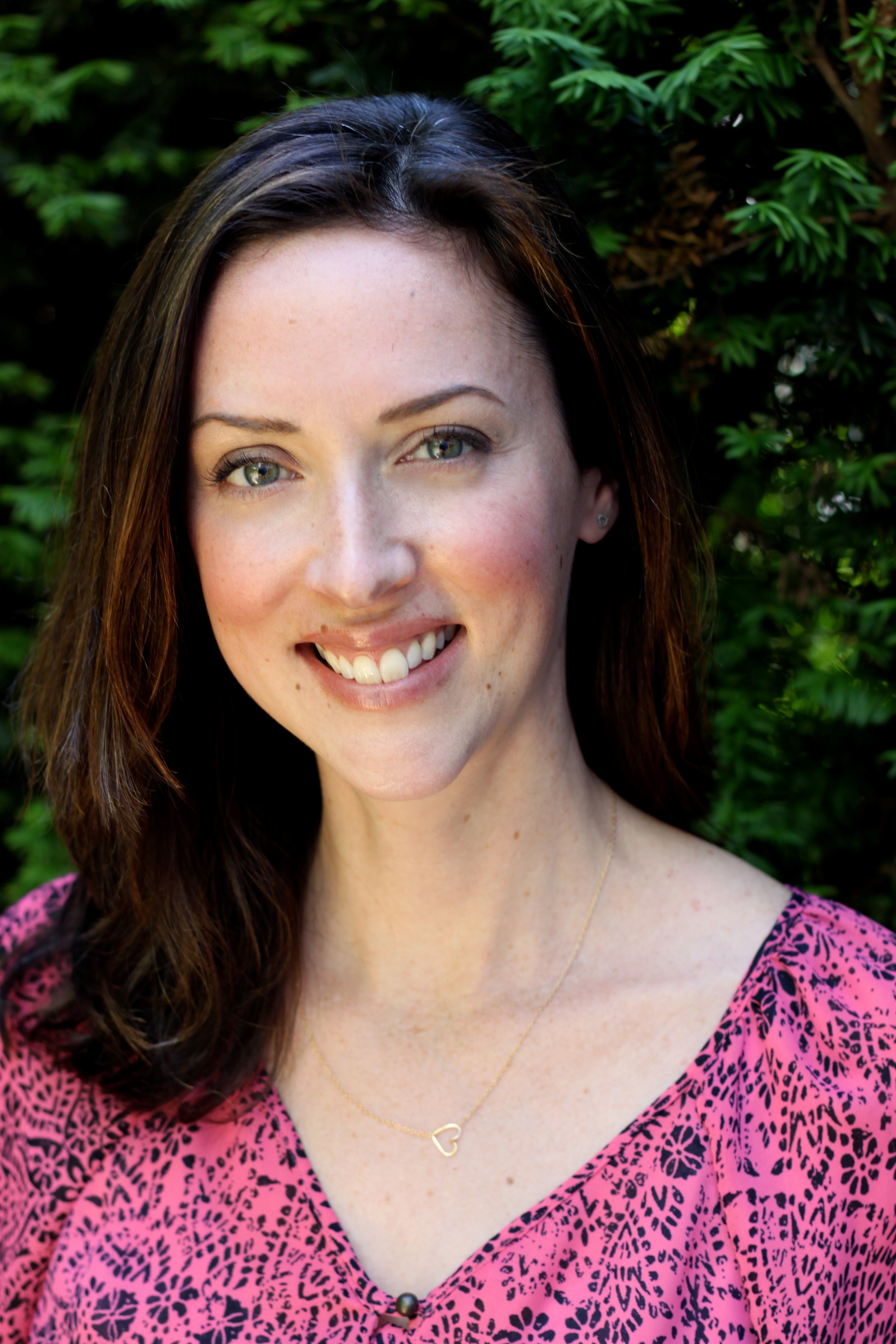
In her work teaching in the Master of Occupational Therapy (MOT) program, Katie strives to foster life-long, self-directed learning and encourages students to stretch their minds by engaging in learning from a place of creativity and curiosity–key skills for occupational scientists and occupational therapists. Katie is keenly interested in the benefits of learning in the natural environment and incorporates a trip to the Nitobe Memorial Garden as a key lesson in the first year graduate class that she teaches.
Learn more about how Katie takes learning outdoors in nature for her class, and explore tools and resources for taking learning outdoors.
Judy Chan, Land and Food Systems

Through both her teaching and work as an educational consultant, Judy is committed to promoting student wellbeing in learning environments. Judy has provided leadership on innovative projects enhancing wellbeing in the classroom and has been recently recognized as an Open Educational Resources Champion in Land and Food Systems.
In the classroom, Judy strives to foster a safe and collaborative learning space among student peers. She communicates clear learning objectives, is flexible in her teaching and assessment strategies and offers clear and prompt feedback for students. Judy creates educational opportunities for faculty members, post doc fellows and staff to support their teaching and learning.
Benjamin Y. Cheung, Department of Psychology
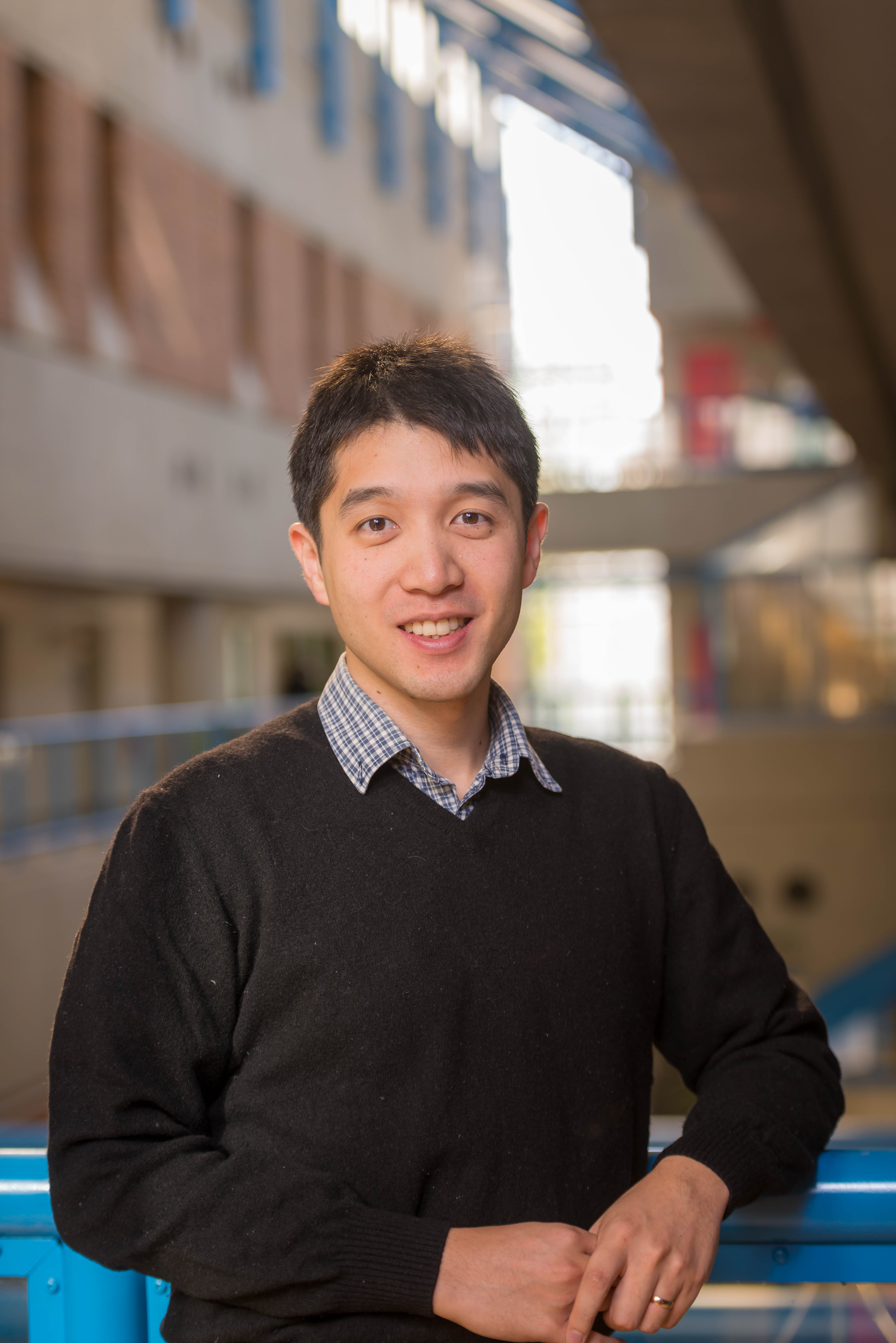
Through innovative projects, Ben strives to provide his students with opportunities to get involved, make connections, and build community with one another during their time here at UBC. Ben has been connecting with students through office hours called Bagels with Ben, where students in large undergraduate research methods courses engage with office hours as a chance to connect with their instructor, each other, and explore study strategies.
Learn more about Ben’s approach to office hours here, and explore tools and resources for connecting through office hours in your own learning environment.
Agnes d’Entremont, Department of Mechanical Engineering
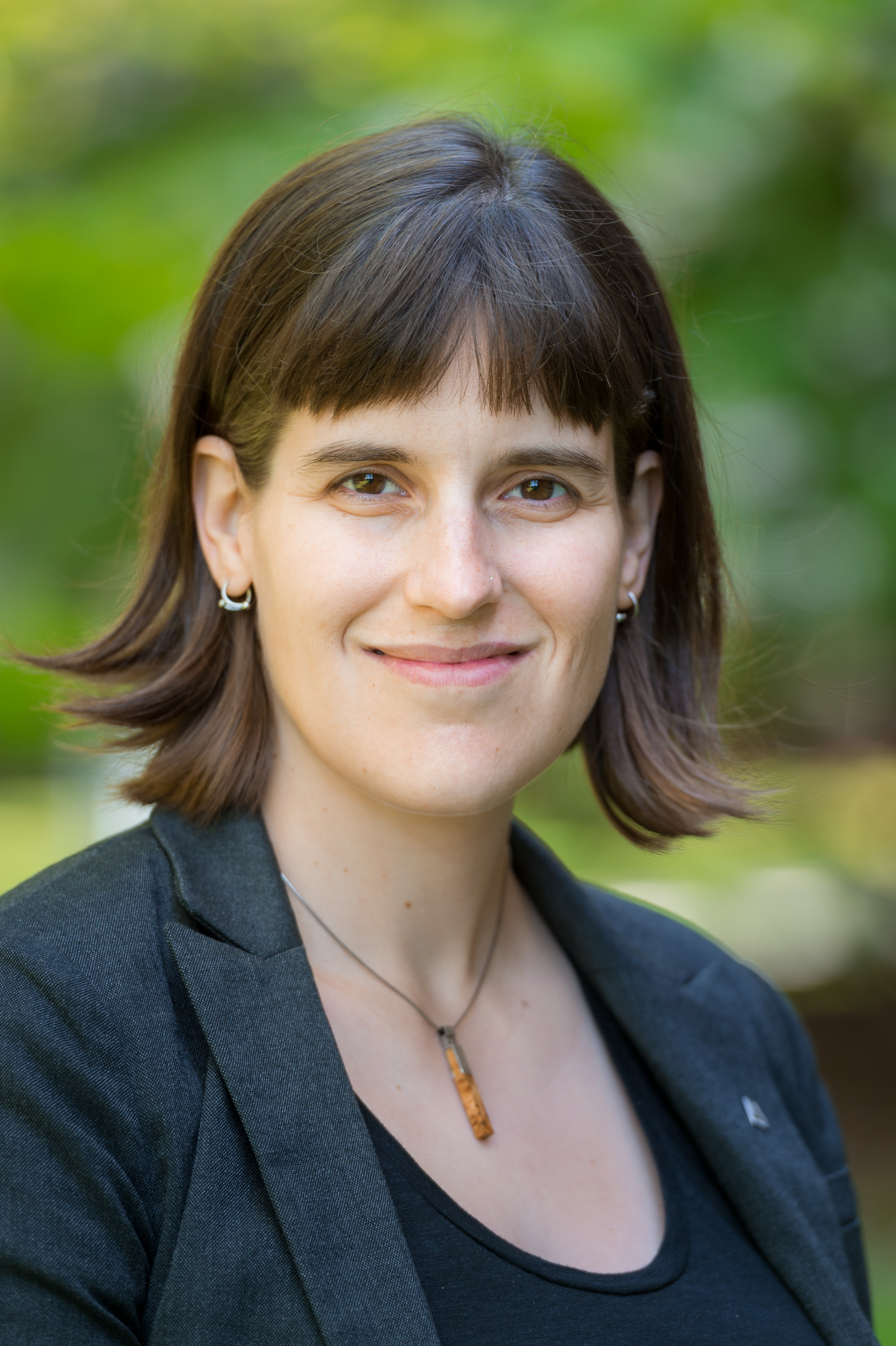
A key focus of Agnes’ work coordinating and teaching in MECH 2, is student learning and curriculum development. She has conducted research, such as exploring student motivation for enrolling in an engineering program, that plays a key role in understanding how to increase diversity in engineering programs. Agnes has been embedding mental health literacy curriculum into MECH 2 programming - including introducing students to resources on campus, learning about the stress response and coping strategies.
Learn more about how Agnes brings mental health literacy to MECH 2, and explore tools and resources for embedding mental health literacy into your learning environment.
Ranjit Dhari, School of Nursing
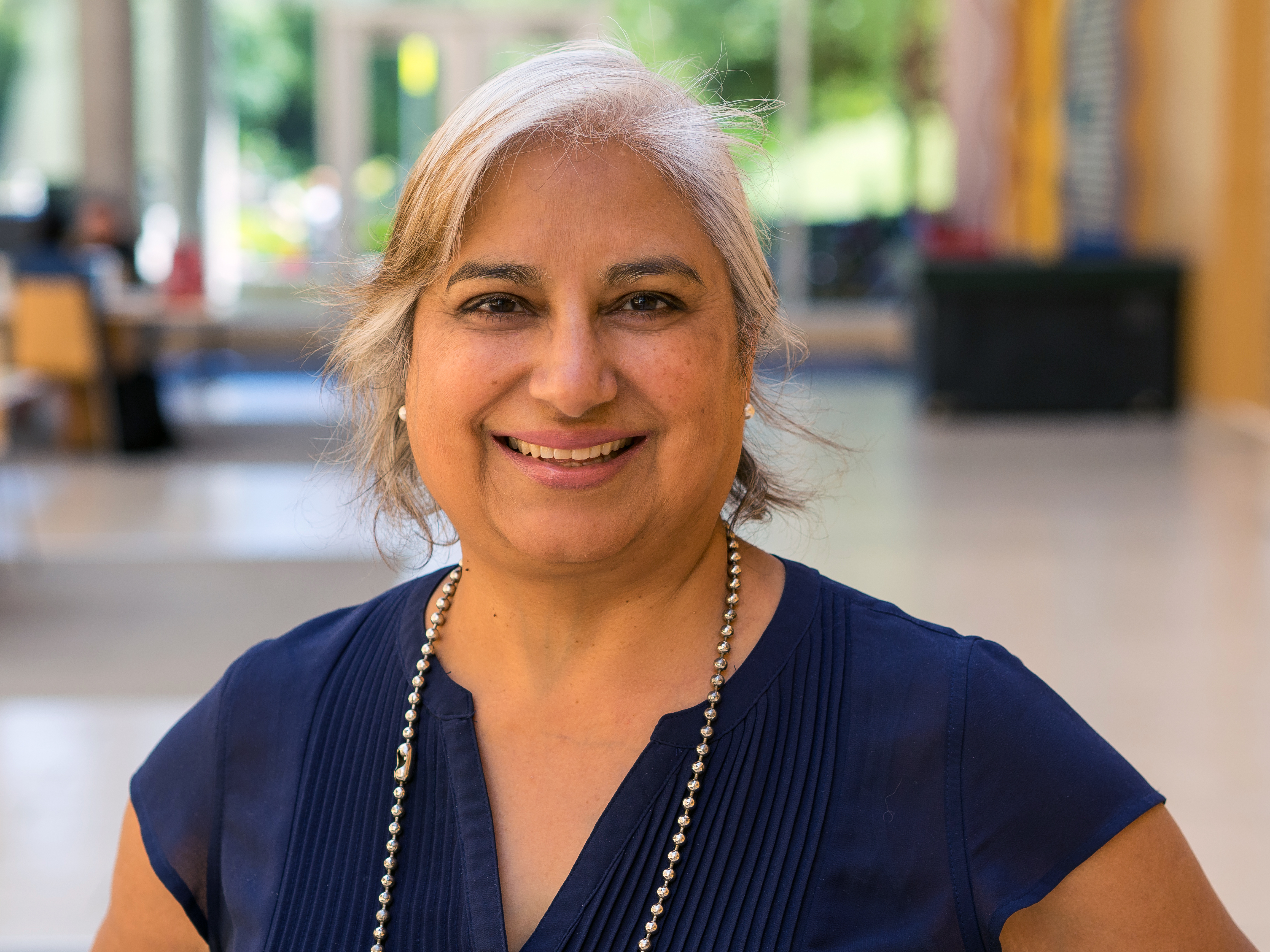
With her background in Public Health nursing and Health Promotion, Ranjit strives to actively engage with her students to promote student wellbeing in the classroom. Ranjit has demonstrated her commitment to supporting student wellbeing through her role in the development of blended classrooms, which allow for more flexibility and opportunities for a range of interactions between students and educators.
Ranjit also teaches NURS 180: Stress and Strategies to Promote Wellbeing, an elective course available to all students at UBC. Through the design and delivery of this course Ranjit incorporates components of mental health literacy, and holistically supports student learning.
Explore tools and resources to embed mental health literacy into your classroom.
Gail Hammond, Food, Nutrition & Health, Faculty of Land and Food Systems
Gail approaches course design from a student-centred perspective and considers everyone to be on the same team: the students, TAs, and her as the instructor. She strives to foster a space where everyone can learn from each other and acknowledges that student wellness is paramount to their success. To support the wellbeing of students in her class, Gail openly acknowledges the fact that students are living with many demands, provides flexible course-based evaluation options to accommodate students different situations and other commitments, cultivates a collaborative learning environment through peer-to-peer teaching opportunities, and shares her hope for them to be actively engaged and productive members of society.
Gail is currently a co-chair of the Teaching & Wellbeing Community of Practice.
Bethany Hastie, Allard School of Law
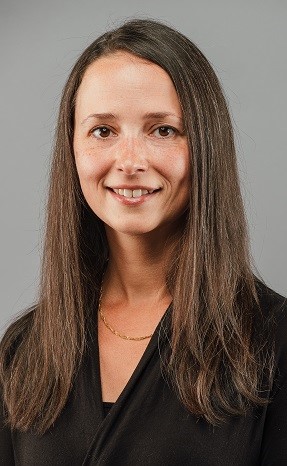
Bethany is committed to promoting student wellbeing in her classrooms, and strives to build her classes at Allard Law in ways that foster growth mindset, spark intellectual curiosity, and facilitate inclusive and pluralistic approaches to learning. Bethany also collaborated in the development and delivery of a series of professional development workshops focused on building instructors’ knowledge of and skillsets for fostering student wellbeing, deep learning and academic success.
Michael Lee, Department of Occupational Science and Occupational Therapy
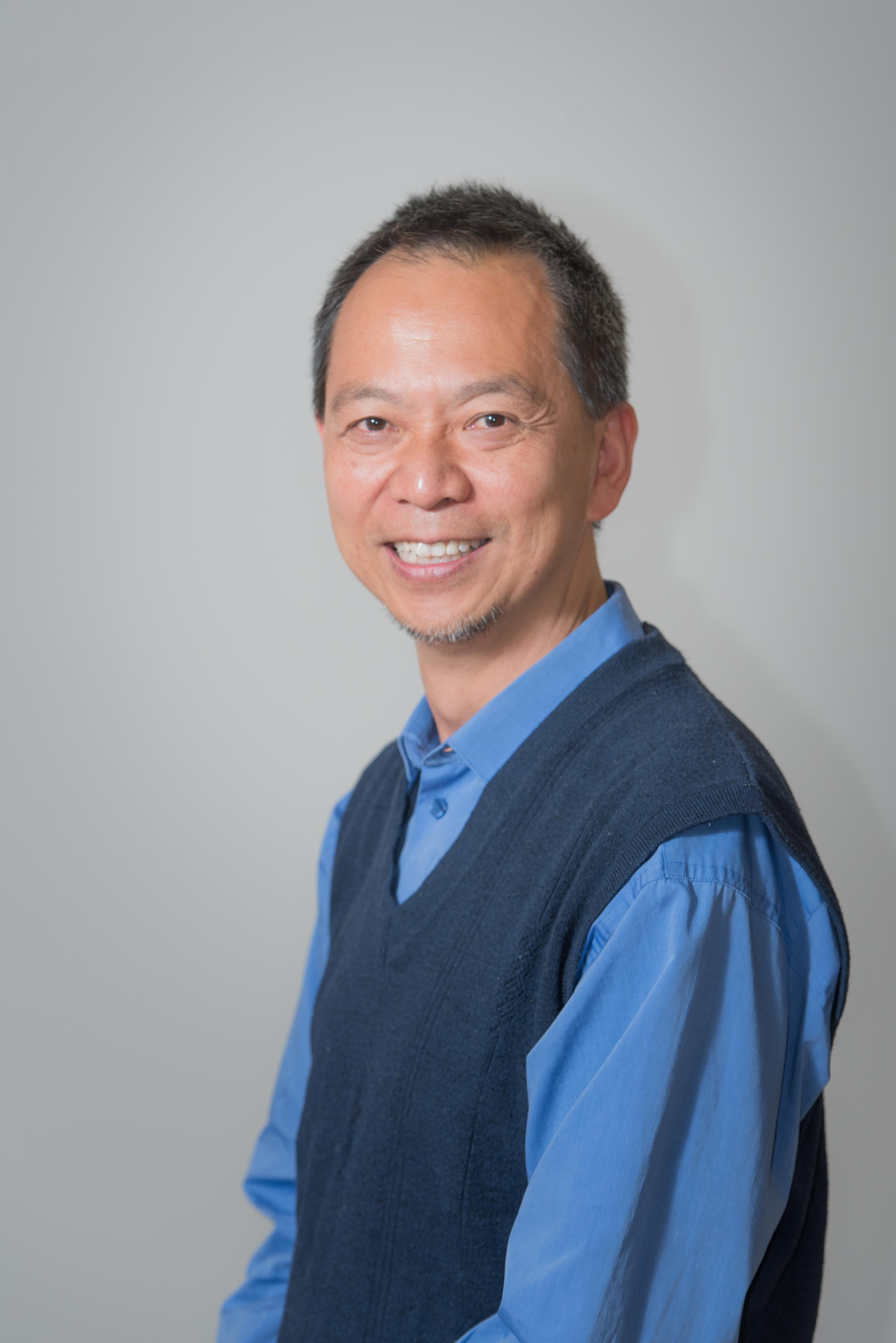
Through both his research interests and teaching, Michael is committed to promoting student wellbeing in learning environments. Michael has provided leadership to many projects on campus focused on how best to support students’ wellbeing. Sharing his knowledge and seeing the growth of his students is the most enjoyable part of his work at UBC. In supporting his students to grow, he realised the importance of creating a safe and healthy learning environment for them to thrive in. Michael works to advance wellbeing on campus through collaboration with faculty staff and students.
You can learn more about teaching practices that support students’ wellbeing. Michael is currently a co-chair of the Teaching & Wellbeing Community of Practice.
Carolyn McEwen, School of Kinesiology
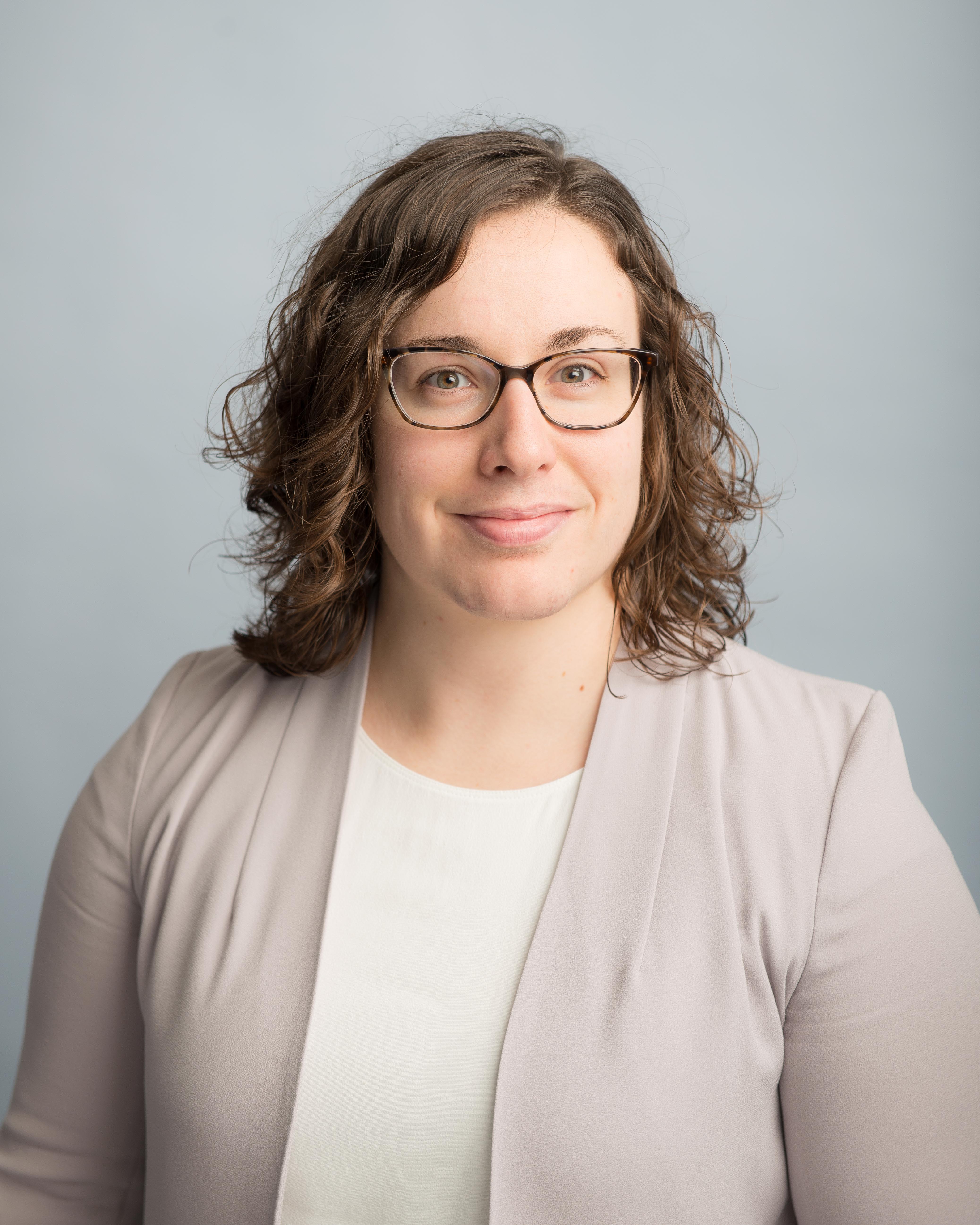
Carolyn strives to create connections between course content, and students' personal experiences and future goals. She is committed to exploring pedagogies that promote student learning and well-being in and outside the classroom. Carolyn has embedded self-compassion activities into in-class tutorials in a required third year undergraduate statistics course.
You learn more about how Carolyn embedded self-compassion, and explore tools and resources for encouraging self-compassion in your own learning environment.
Steve McGinley, Department of Curriculum and Pedagogy
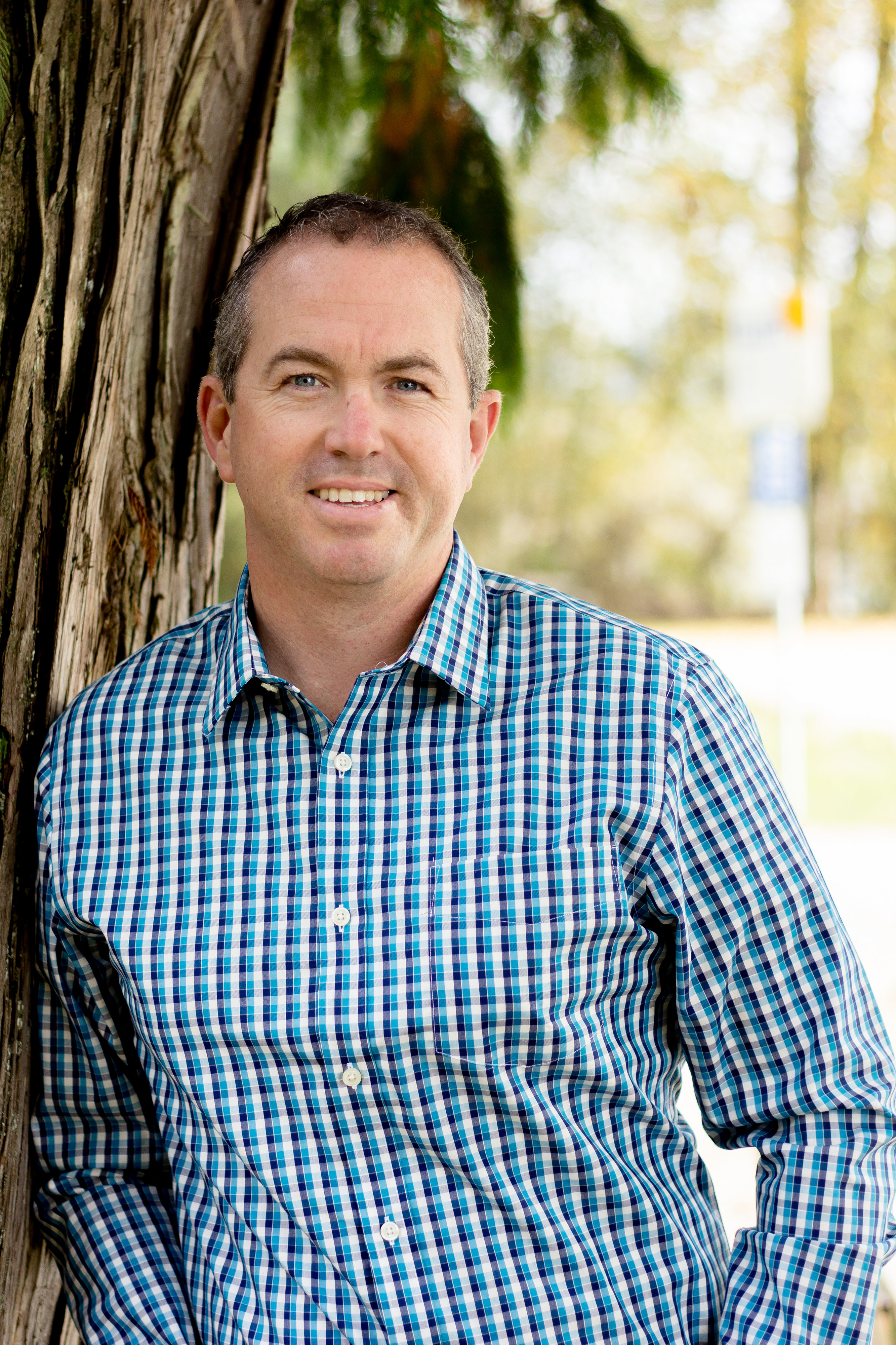
Steve has exemplified his passion for promoting health and wellbeing through his innovative teaching practices and research. As an educator, Steve supports wellbeing through his teaching in the Health Outdoor and Physical Education program by creating conditions for professional collaboration across education, sport, recreation, and health. He believes that when we listen, share and collaborate, best practices emerge.
As a researcher, Steve advocates for quality Physical and Health Education and the Physical Literacy movement. Steve has also demonstrated his leadership in health and wellbeing through his involvement in projects such as Ever Active School’s Teachers of Tomorrow project.
You can learn more about how Steve creates opportunities for physical activity in the courses that he teaches and explore tools and resources for promoting physical activity in your own learning environment.
Kathy O’Flynn Magee, School of Nursing
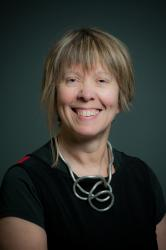
Kathy has exemplified her passion for promoting student wellbeing. Kathy believes that the key to effective education is the relational nature between learners and instructors. Kathy appreciated her role as advisor for undergraduate students because of its ‘fit’ with supporting students. Kathy has collaborated with student partners on projects relating to bullying in nursing and other health care professions education programs.
Having student-faculty partnerships means that the student’s voice is honoured and this strengthens the work considerably. Kathy teaches NURS 180: Stress and Strategies to Promote Wellbeing, an elective course available to all students at UBC. Through the design and delivery of this course and all of her nursing courses, Kathy incorporates components of mental health literacy, self-care and holistically supports student learning.
Explore tools and resources to embed mental health literacy into your classroom.
Candice Rideout, Food, Nutrition & Health, Faculty of Land and Food Systems
Through her teaching in Food, Nutrition and Health, Candice creates engaging learning opportunities through her use of active learning approaches, including problem-based learning and community service learning. In her large undergraduate courses, Candice employs a flexible assessment strategy. This strategy encourages students to take ownership of their learning and make decisions about assessment taking into consideration their other academic commitments and personal lives.
You can explore tools and resources to incorporate flexible assessment strategies into your course.
Karen Smith, Department of Microbiology and Immunology

Karen incorporates wellbeing teaching practices in her first-year classes to support students’ mental and physical wellbeing. She creates a positive learning environment by encouraging students to practice both cognitive and non-cognitive skills that are necessary for academic success. Going beyond the course content, students are provided with resources and opportunities to engage in academic tenacity - mindsets and skills that can improve self-regulation, social belonging, and personal growth. Students’ successful development of these self-regulatory practices can support their navigation of academic-related stress throughout their university experience.
You can learn more about how Karen promotes engagement with activities that foster academic tenacity and explore tools and resources for promoting engagement in your own learning environment.
Sally Stewart, School of Health and Exercise Sciences
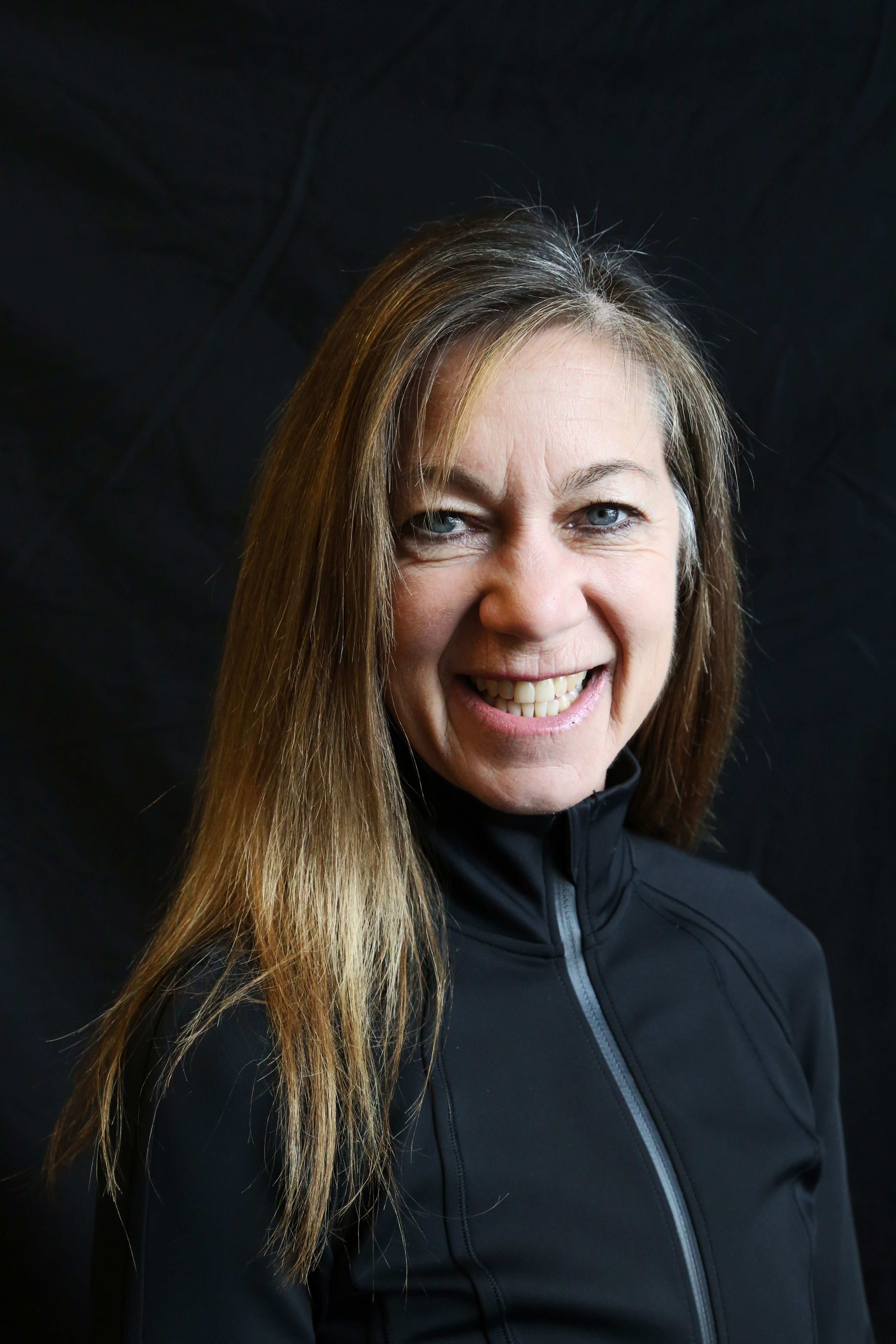
Sally’s teaching focus is mostly in the areas of nutrition, exercise and health promotion and disease prevention, and student health. With an interdisciplinary PhD in nutrition, health promotion, and exercise
physiology she brings a comprehensive and diverse approach. She is passionate about her involvement with UBC wellbeing, and developing and implementing the first year health class for all students, and sharing innovative teaching and classroom approaches to enhance student wellbeing and academic success.
Sally has spearheaded a variety of initiatives to support student wellbeing in classroom environments. You can learn more about resources to incorporate movement in the classroom through the Take a Stand Policy and Random Acts of Exercise.
“One of the most powerful things we have learned is, that in many cases, practices that foster student wellbeing align very well with what we know are just effective teaching practices, and therefore accessible in a spirit of enhancement and trying to improve a course. It’s even better if [campus executives] can provide faculty with relatively easy things to try and get started with. There are many low barrier, high impact activities that anyone can introduce.”
– Simon Bates, MA (Cantab) PhD, Vice-Provost & Associate Vice-President, Teaching & Learning at UBC
